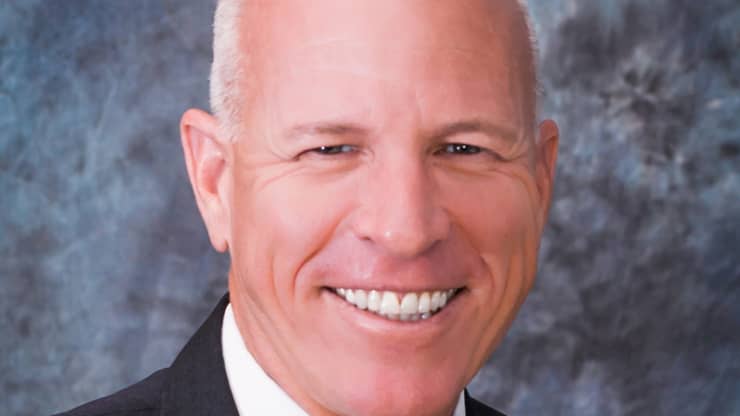Analyst: Binance-Silvergate Split Will be ‘Immaterial’ for Silvergate
Analyst suggests that Binance.US, which can still access Silvergate, might consider a rebrand to differentiate itself from international counterpart

Alan Lane, CEO, Silvergate Bank; Source: Elizabeth Ann Photography, Silvergate Bank
key takeaways
- Silvergate recently pulled the plug on its relationship with Binance, but not Bryan Brooks-led Binance.US
- This doesn’t necessarily mean that other clients of Silvergate’s like FTX will see the same fate, as a probe into Binance likely spooked Silvergate
Despite Binance being the world’s biggest exchange by volume, Silvergate bank’s decision to end its relationship with Binance is a larger hit for Binance and not Silvergate, according to Compass Point analyst Michael Del Grosso.
Silvergate is one of the few US-based banks that has no qualms about doing business with digital asset exchanges, which are often seen as pariahs to banks despite the trend for these exchanges to become more regulatory compliant.
Silvergate, with its Silvergate Exchange Network that provides instant settlement for its digital asset clients, has been thought of as the pipes that fuel the digital assets revolution. Losing access to this network would put any exchange at a competitive disadvantage, particularly for attracting institutional clients.
A Silvergate spokesperson confirmed to Blockworks that Binance.US is a customer in good standing with Silvergate and remains an active participant on the Silvergate Exchange Network (SEN).
“The materiality for Silvergate is minimal in my mind, I think their relationship would have been relatively small given their deep relationship with US-based exchanges and the fact that there probably wasn’t a whole lot of volume.” Del Grosso said. “Binance isn’t even in their list of top five, or six customers. Coinbase, Kraken, and some of the other exchanges are much larger here.”
Del Grosso pointed out that US users couldn’t even use Binance anyway, and are directed to Binance.US, which is not impacted by this move by Silvergate.
As a US bank, Silvergate needs to be in compliance with US banking laws. Reports of a recent probe by the US Department of Justice and the IRS would be a “huge red flag for any bank partner,” Del Grosso explained, saying that he’s hard pressed to think of any bank that’s going to step up to replace Silvergate.
“If any federally regulated entity sees that one of their customers’ controls aren’t up to snuff they are going to pull the plug on that,” Del Grosso said. “That’s what regulators want to see banks do.”
Del Grosso doesn’t think that Binance being cut off means that other exchanges that fly international flags like FTX are next on the chopping block, but he does point out that the internationalization of some exchanges might cause an issue. Generally exchanges tend to ‘bank local’ and rules around onramps/offramps and holding fiat currency are unique in different jurisdictions.
“If you have a South Korean exchange, they are likely going to have a South Korean banking partner,” he said. “In the US, the top five exchanges all bank with Silvergate. But those are US-domiciled exchanges. Binance international is not domiciled in the US.”
But what does the future hold for Binance.US, an entity that only shares the same name and software as its international counterpart? Maybe a rebrand now that it’s run by Brian Brooks, a former regulator hired to give the company a squeaky clean image away from the headline risks of Binance international.
“Who knows what kind of team he will bring on, but this is something that Brooks is going to try and distance himself from,” he said.
Updated 6PM Eastern Time with comments from Silvergate.





